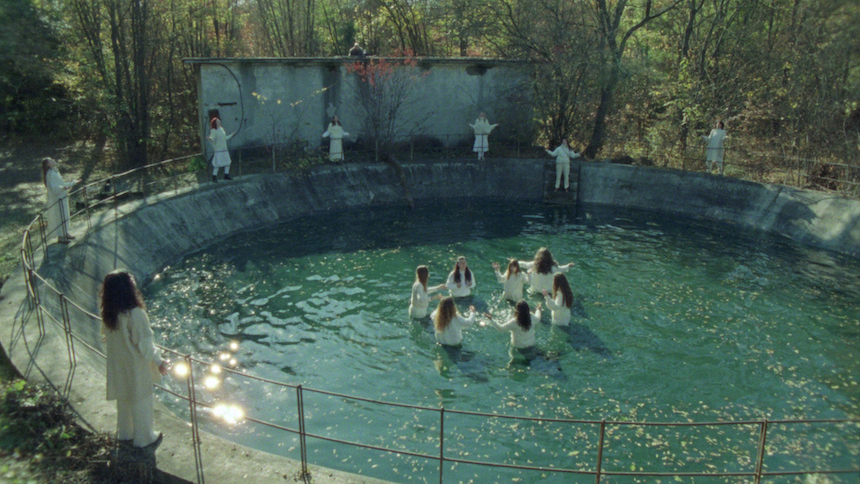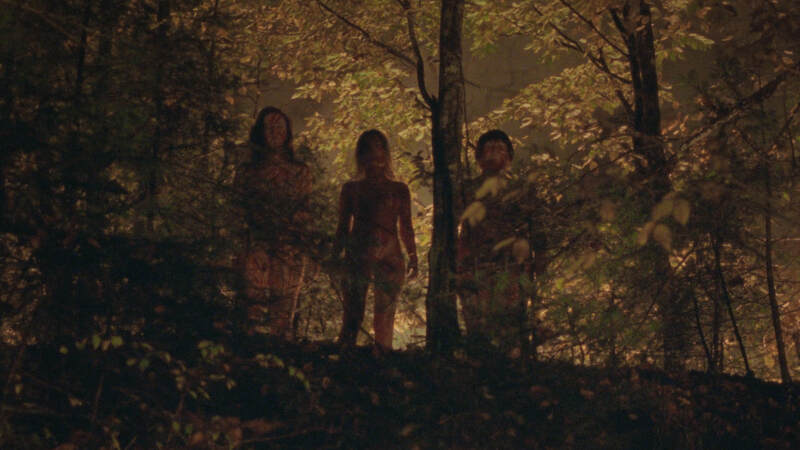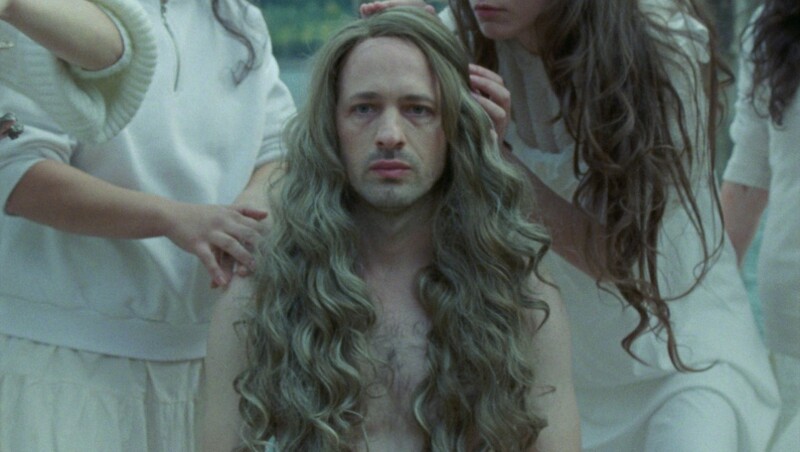Karlovy Vary 2023 Review: MAMMALIA, Anarchy, Art and Gender
Romanian director Sebastian Mihăilescu delivers a fluid narrative on the intersection of drama, horror, and satire, confronting the rigidity and conformity of traditional gender roles.

Romanian filmmaker Sebastian Mihăilescu made an impactful debut with his creative documentary, You Are Ceaușescu to Me. That work explored the legacy of Nicolae Ceaușescu, the former leader of Communist Romania, intertwining political history and personal narrative to evoke a nuanced portrayal of life under the Ceaușescu regime. Mihăilescu's film underscores the impact of historical figures on personal and collective memory.
His career trajectory takes a dramatic turn with his sophomore feature and fiction debut, Mammalia. This film presents a deadpan, absurd, and surrealistic examination of masculinity, dissecting the male gender in a ritualistic manner that is both strange and compelling.
Mammalia, a significant departure from his award-winning documentary, commences as a high-concept art film featuring meticulously staged scenes that resemble peculiar tableaux. This approach, however, is short-lived.
After the stylized introduction, Mihăilescu swiftly shifts gears to a critique of corporate life, done in the style of Yorgos Lanthimos. This transformation is followed by another abrupt turn, a deep dive into a relationship analysis from a gender perspective that evolves into a phantasmagoric examination of masculinity.
Camil, a 39-year-old man portrayed by István Téglás, grapples with a personal crisis as potent as it is bitter. The abrupt disintegration of his professional life, social status, and romantic relationship propels him into a peculiar journey, causing him to question his identity, particularly within the confines of dogmatic gender roles.
Overcome by desperation, Camil begins to stalk his missing partner, played by Mălina Manovici. He discovers her immersed in a fringe female community, which balances on the edge of being a self-help retreat and a cult, where she is embarking on a self-exploratory journey of her own.
Maintaining the formalistic approach introduced at the start, Mihăilescu structures each scene as a self-contained tableau, reminiscent of Swedish master Roy Andersson. He applies a similar level of detachment, brutal irony, and compositional prowess.
Yet, unlike Andersson's absurd and comic vignettes that expose trials of the human experience, Mihăilescu's scenes depicting the dismantling of manhood are more minimalist, though no less absurd. Departing from the Scandinavian tone, Mammalia adopts a warmer, more humid color palette. Moreover, Mihăilescu shows a preference for French absurdism over the Nordic variety.
Embracing the anarchistic spirit and absurdist spectacle of New French Burlesque, Mihăilescu's work shares evident similarities with Jean-Christophe Meurisse's film Apnée, a satire critiquing social and gender-imposed conventions through a series of absurd, ritualistic escapades.
Just as Meurisse targets societal institutions such as marriage, employment, and religion in a non-linear, anarchic style, Mihăilescu fervently disassembles the social construct of manhood via the protagonist's identity crisis. He achieves this through a series of stylized tableaux, balancing meticulous, painterly compositions with the deadpan, austere construction of a British sketch.
The outcome is a blend of farce and drama, as the filmmaker continually introduces unexpected genre references. At one juncture, this stylistic and tonal amalgamation of civil grotesque and rituals transitions the social satire into a situation quoting The Wicker Man.
Mammalia evolves into a fluid endeavor, seamlessly amalgamating elements of comedy, drama, fairy-tale, horror, and thriller. Mihăilescu and Téglás confront the rigidity and conformity of gender roles, fostering a different type of fluidity. This clever satire seamlessly weaves together anarchy, art, and gender.
Visit the film's page at the official festival site for more information.
Mammalia
Director(s)
- Sebastian Mihailescu
Writer(s)
- Andrei Epure
- Sebastian Mihailescu
Cast
- István Téglás
- Mãlina Manovici
- Denisa Nicolae









